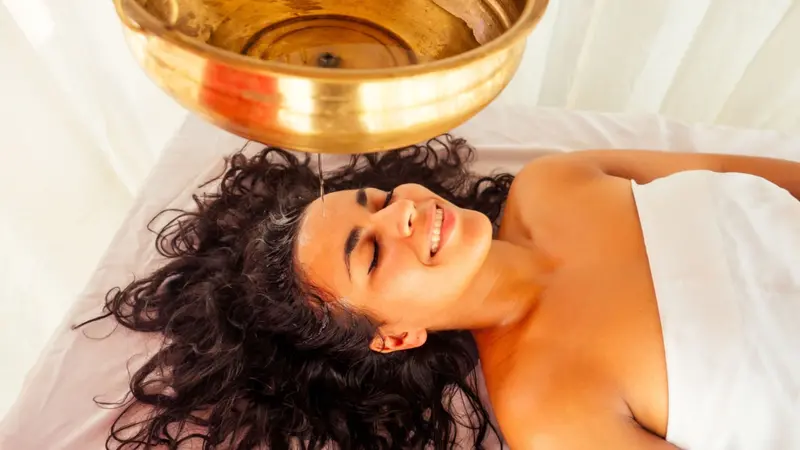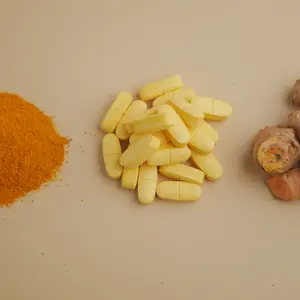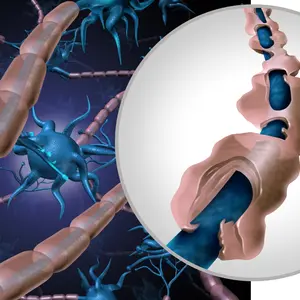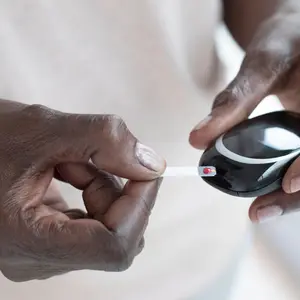

Chronic Conditions and Diseases

Chronic Conditions and Diseases
Panchakarma Therapy for Multiple Sclerosis
A 2025 study conducted in India investigates the potential benefits of Ayurveda, particularly Panchakarma therapy, for managing pain and improving the quality of life for patients with Multiple Sclerosis (MS), a chronic autoimmune neurological disease. MS causes inflammation and damage to nerve cells in the brain and spinal cord, and current treatments are not always effective at preventing disease progression.
The discrete diagnosis of MS is not present in ancient Ayurvedic texts, but diseases involving the immune system are generally categorized as a vata (air) imbalance.
Panchakarma is an intensive therapeutic regimen in Ayurveda, consisting of five cleansing procedures designed to detoxify the body and restore balance among the three doshas—vata, pitta, and kapha. According to Ayurvedic principles, imbalances in these doshas are believed to cause disease. By promoting both detoxification and rejuvenation, Panchakarma offers a holistic method that may help relieve symptoms of conditions like MS.
The observational study, conducted over four years at Jeewakberg Rehabilitation Centre, involved 120 female MS patients aged 19–50. They received Panchakarma treatments such as snehana (oil therapy), swedana (steam therapy), vamana (induced vomiting), virechana (purgation), basti (enema), nasya (nasal therapy), and rasayana (rejuvenation), along with complementary therapies like yoga and meditation. The treatment approach was personalized based on each patient's condition, including disease stage, strength, and other health issues.
The results showed that 80% of participants experienced significant improvement in self-reported pain, mobility, and overall well-being, with reduced reliance on corticosteroids. However, 20% of patients showed limited benefit.
Observational studies lack control groups and systematic manipulation of variables. While they can be useful for exploring potential associations—such as between Panchakarma treatment and MS symptoms—they cannot be used to establish causal relationships. The study concludes that Panchakarma therapy may be an effective complementary treatment for managing MS symptoms. Further research with larger sample sizes and varied study designs is needed to confirm these findings.
REFERENCES
Prakash, G., Pandey, A., & Tiwari, M. (2025). Developing an evidence-based algorithm for pain management in multiple sclerosis using Panchakarma therapy. International Journal of Medical and Public Health, 15(3), 197-205. Retrieved from https://www.ijmedph.org/Uploads/Volume15Issue3/36.%202443.%20IJMEDPH_Hiroj_197-205.pdf


 By
By







